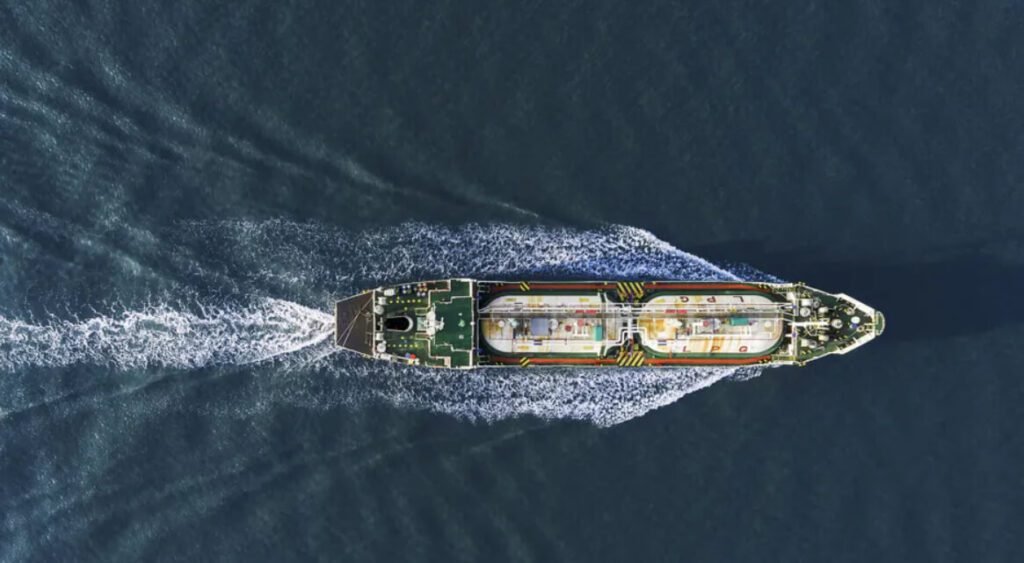The spokesperson for the Pentagon, Major General Patrick Ryder, has reported that a Greek vessel attacked by Houthi rebels in the Red Sea appears to be spewing oil. This alarming development has sparked significant concerns regarding the region’s potential environmental disaster. Missiles struck the crude oil tanker Sounion over the past week as part of the ongoing attack on ships along this critical maritime route, which Iran is backing. The tanker, transporting approximately one million barrels of oil, is presently immobile and on fire, which could result in an imminent ecological catastrophe and a potentially hazardous situation for navigation.
Fortunately, the entire crew, consisting of 23 Filipinos and two Russian seamen, departed without incident. Eunavfor Aspides, a European Union maritime security operation, confirmed that the ship remains anchored. However, observers have reported several flames on its main deck, contrary to initial claims. Despite the fires, there has not been any oil spill yet, though the threat remains, given the vessel’s current condition.
The Greek vessel attacked by Houthi rebels is part of a broader retaliation by the Houthis against the Israeli offensive attacks in Gaza, which has caused significant devastation and loss of life. The Houthis claim the ship was targeted due to its affiliation with Delta Tankers, accusing the company of violating their restriction on access to the ports of occupied Palestine. According to the Houthis, Delta Tankers breached their prohibition, leading to the strike on the Sounion. Consequently, the United States, along with the international community, has issued a call to the Houthis, urging them to cease their reckless actions. The emphasis is on the substantial threat these actions pose to global trade and the marine ecosystem in the Red Sea. The international community remains vigilant, hoping to avert a disaster that could have widespread consequences.









